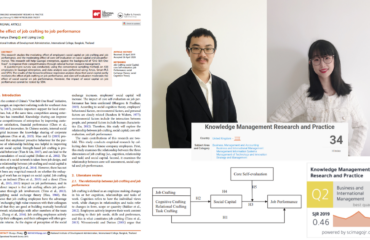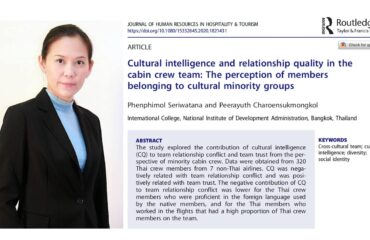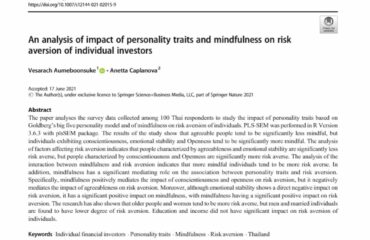Purpose Zhong-yong thinking is a code of conduct of the Chinese people. The purpose of this study is to explore the relationship among Zhong-yong thinking, social capital, knowledge sharing behavior, and employee survival ability. Design/methodology/approach Zhong-yong thinking including multi-thinking, integration and harmony, taking a case study of private enterprise in Guangxi of China. Based on the literature, the establishment of the theoretical model and hierarchical regression analysis are explored. Findings The multi-thinking, integration and harmony of Zhong-yong thinking have a significant positive effect on social capital and employee survival ability. In addition, employee survival ability is positively affected by social capital. Moreover, knowledge sharing behavior has a positive moderating between the multi-thinking dimension of Zhong-yong thinking and social capital, and the remaining dimensions have no moderating effect. Knowledge sharing behavior has no moderating effect on the relationship between social capital and employee survival ability. Practical implications Zhong-yong thinking and social capital are actively affecting employee survival ability. Therefore, companies need to work harder to improve their employees’ Zhong-yong thinking and social capital. Originality/value The paper extends Zhong-yong thinking, social capital and employee survival ability literature to fill gaps in how China people require to both access employee survival ability. The policy value of the work is in suggesting ways to facilitate employee survival ability of China.
Source: https://www.emerald.com/insight/content/doi/10.1108/IJSSP-02-2020-0038/full/html





